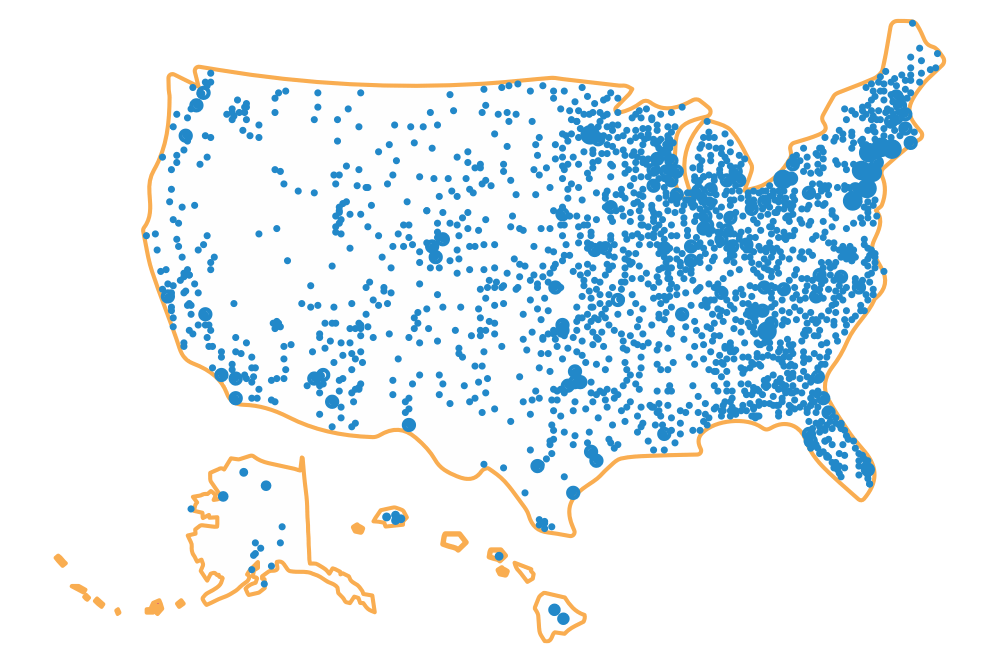CollegeAdvantage welcomes the following guest blog from Kenneth O'Connor, Director of Customer Care and Content at Invite Education, a company dedicated to providing the information, tools and services families need to effectively plan and pay for college.
It’s wonderful to see so many grandparents participate in college graduation ceremonies, cheering on their grandchildren! It turns out many grandparents were also able to provide some financial support along the way which minimized their grandchildren’s student loan debt. If you are a grandparent (or soon to be one) here are a few things to consider when planning to help with college costs using a 529 plan.
- Early savings is key: Most grandparents understand the value and importance of savings and compound interest and the resultant benefit to them and their family members of a patient and disciplined strategy. Saving for college is a great example, since it takes patience to stick with a college savings plan for young toddlers and children. Grandparents are already well aware that “time flies” all too fast and what is required when making a long term commitment to a financial goal. By helping to start a college savings plan, grandparents can make a big difference for long term college savings, increasing college options, and minimize student debt for their grandchildren.
- Utilize the special five-year 529 gifting rule for estate planning purposes: Grandparents should consider utilizing their estate plans to kick-start college savings. Up to $14,000 per year in 529 contributions can be made without triggering any gift taxes, considering the annual gift exclusion rule from the IRS. Under the special five-year accelerating gifting rule, grandparents can gift as much as $70,000 contribution to a particular 529 plan beneficiary in a single year, but this would require no subsequent gifts over the next five years in order to average out a $70,000 lump sum within the $14,000 guideline. Utilizing this rule and infusing a large amount now would certainly make a huge difference in the amount available in the future for college tuition.
- Be aware of financial aid policy; Use 529 accounts in junior and senior year of college: Grandparent assets are not directly disclosed on the Free Application for Federal Student Aid (FAFSA) since they are not the custodial parents or the student, obviously. However, when 529 funding distributions are provided to the student, the money is treated as “income” in the student’s name for financial aid purposes in the year it was received. This additional income may actually decrease financial aid eligibility for the student as it is weighed even more heavily against need based grants, even more so than income in the parent’s name! Wise planners simply look ahead and determine if the student would qualify for need-based funding considering the custodial parent’s household income (Like using Invite Education’s financial calculators). If drawing high disbursements from the 529 accounts would sacrifice financial aid eligibility, then hold off on disbursements until the student’s junior and senior years. This way the student can qualify for maximum need based financial aid for the early years, and then use the 529 to fund perhaps the entire cost of their last two years of college. Or the 529 funding could be used to pay for Graduate school, where need based grants are not awarded on the scale of undergraduates. If there are excess funds, the grandparents can change the beneficiary or even take the money back. No one wants to be punished for savings, so always go back and re-evaluate the funding strategy each year for optimization.
Kenneth O’Connor is the Chief Impact Officer of Invite Education, a company dedicated to providing the information, tools and services families need to effectively plan and pay for college. Learn more about Kenneth on LinkedIn and Twitter.








